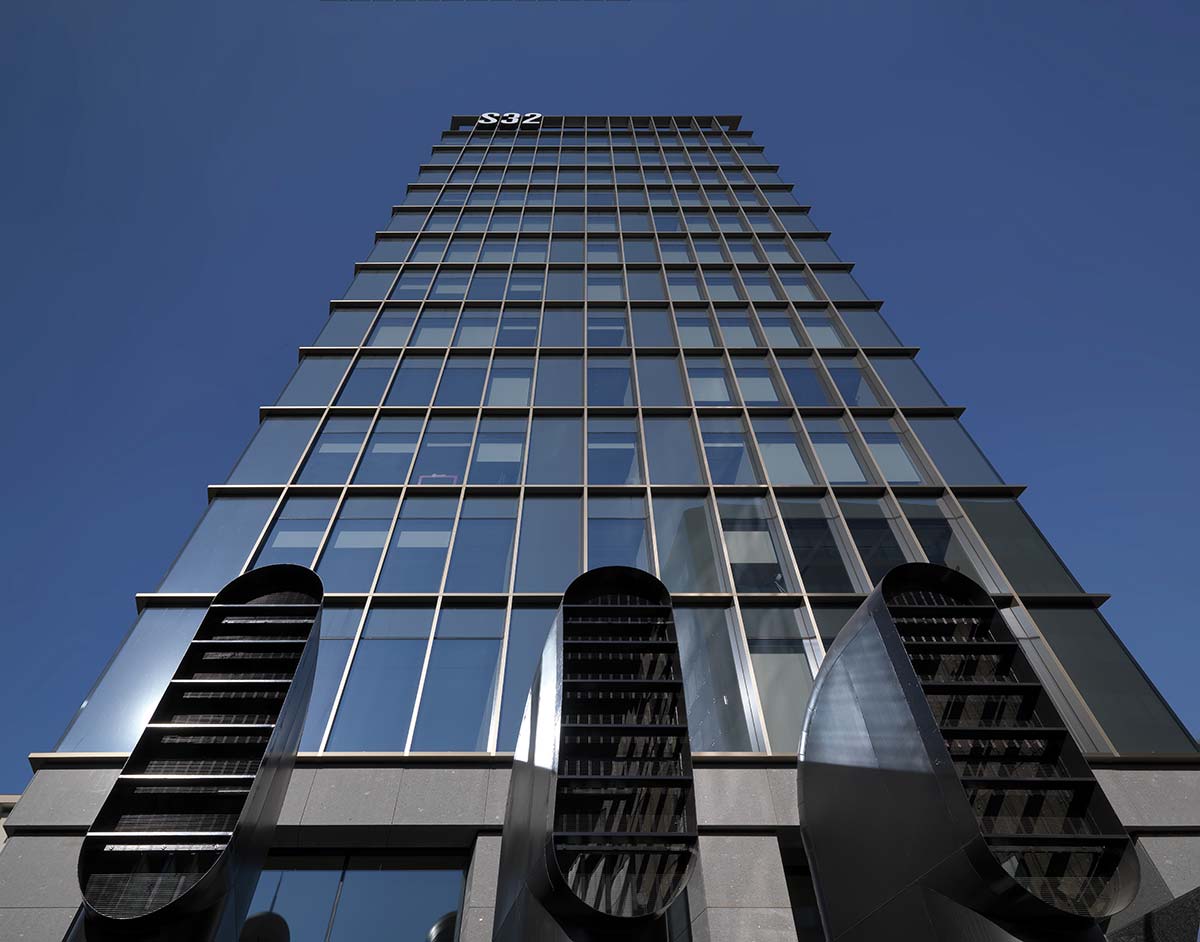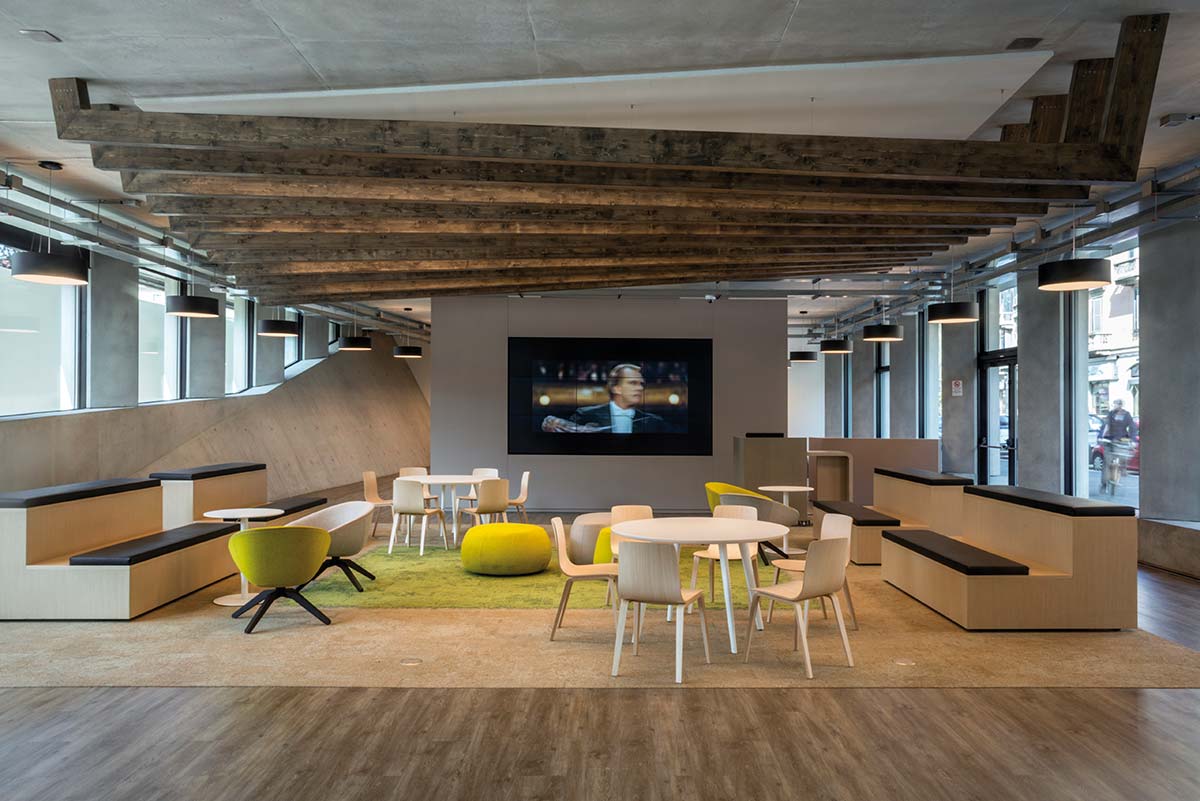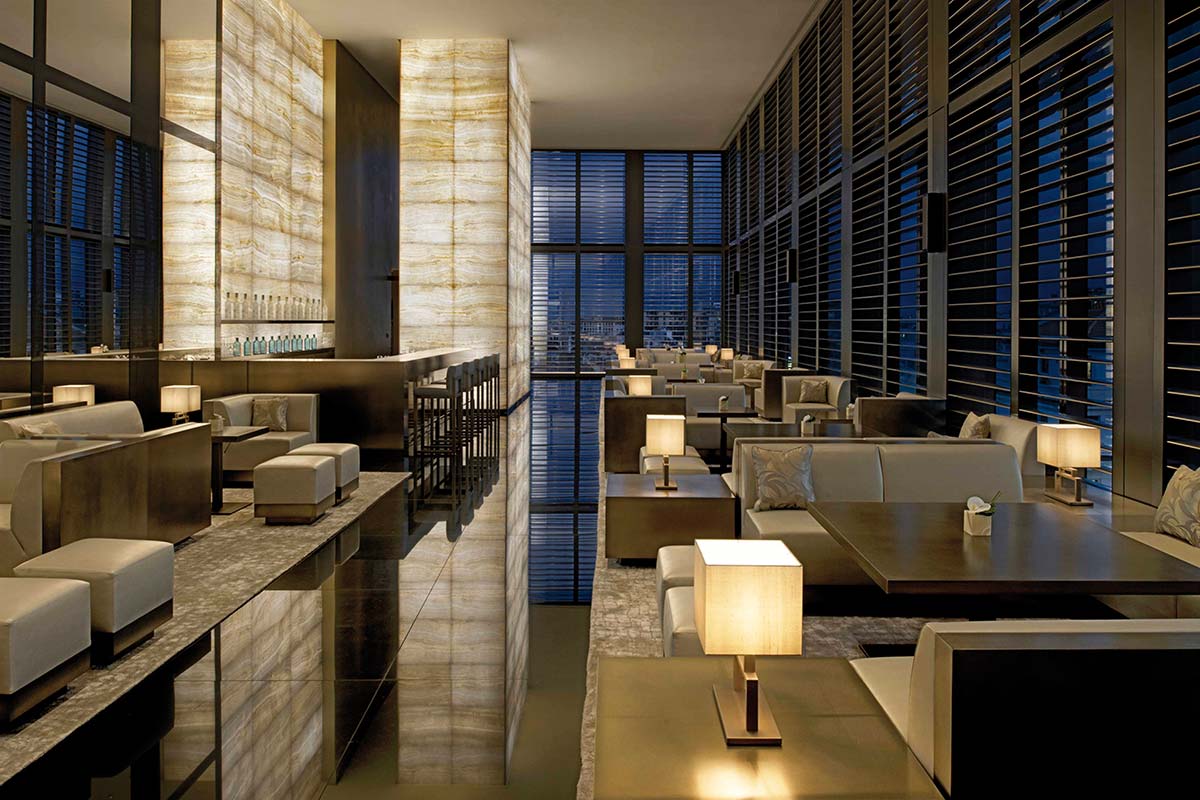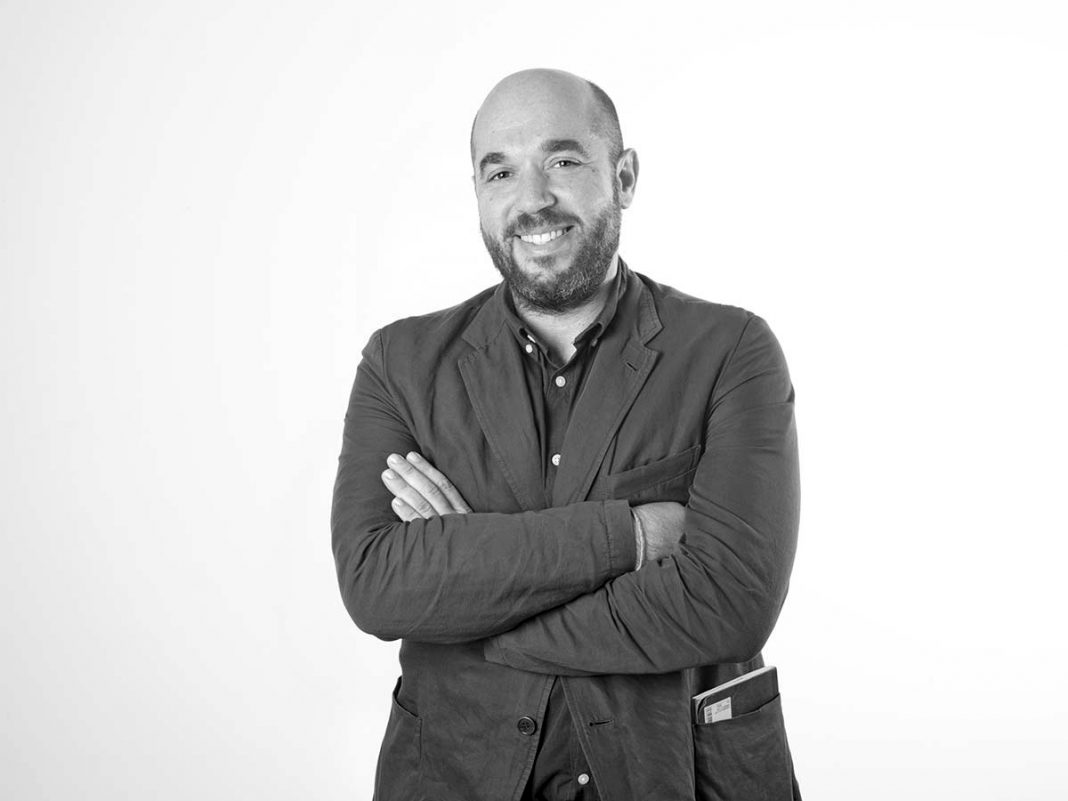Eclettico is the hospitality and luxury emanation of the Lombardini 22 family, a group with 270 employees and 318 commissions in 2018, a design studio that has made multidisciplinary work into a true model of organization and business. Giuseppe Varsavia – with the company since 2007 – is the managing director of Eclettico. He narrates how to achieve great results by focusing on the group and monitoring its individual components.
Lombardini 22 Headquarters
Your group stands out for its multidisciplinary approach. How are you organized to stimulate synergies, especially in a field like that of hospitality and luxury?
The answer is simple. I would define our attitude as almost innate, something each of us has; we are very curious and our curiosity often goes beyond the already wide boundaries of everyday operation, linked to our specific tasks in the studio. Lombardini 22 is divided into divisions – six of them, to be precise – but they all come from the same origin, and in spite of the fact that each branch has its own specializations (those required by the market), the interaction with the other divisions is continuous, without operating in separate compartments. The final product is always a choral effort. This is an important value in which I believe firmly, and which I also practice inside Eclettico: from the person who comes up with a concept to the physical plant expert who suggests a solution or points out a possible problem, from the maker of renderings to those who are immersed in the rhythms and specificities of a worksite. The assembly of all these pieces is complicated, and definitely requires more time, but the results are clearly superior. At L22 there is an atmosphere of collaboration, but that doesn’t mean there are no tensions: we have healthy competition between the various division, which is probably essential to achieve good results.
What is the ideal Eclettico client?
We like clients with clear ideas, and hopefully a clear budget. For the economic side – when necessary – we have our own in-house project management team that can construct and control the budget of a hotel. I come from that sector myself, so I am attuned to this aspect, and I always try to give back a share to the client, a factor of savings without compromising quality. Working without a budget is a problem for us, just as it is a problem to have no budget limits, even though many designers would see that as a dream come true. We had an experience like that in China, with a client for a house with an area of 7000 square meters; the cost per square meter was embarrassingly high, with rooms that could each cost millions of euros. It is very difficult to work like that, without parameters of reference. Like everyone, we try to offer clients an emotion, and for those who do not have clear ideas we try to give a set of tools that will help them to make assessments and choices.

S32, Milan

Microsoft House, Milan
Is there a case history of L22 where multidisciplinary operation has been particularly important?
For us it is the norm, we always discuss things amongst ourselves, even if our task is limited, for example, to the interior design, where the architecture may have been done by others. Two years ago, before launching Eclettico, I finished the project for the Microsoft House done by our firm DEGW, in a building by Herzog & de Meuron; we had to come to terms with architecture that was not of our making, where there were no suspended ceilings and nothing could be altered. We had to design everything inside the floors, including electrical and mechanical systems. We invented boxes in tune with the existing container: the final result is a space conceived as if it were a house, and it has won many awards. All the divisions of Lombardini 22 were involved in this project: from workplace design to physical plant, project management to interior design and communication.

Armani Hotel, Milan – Photo © Studio Tettamanzi
Who are the clients who seek Eclettico?
There are many, not only for large projects, because we also do small jobs. Our fees tend to be low, we calculate the cost based on clear parameters of time and required staff. There is no L22 percentage connected to the value of the object on which we are working. The cost is always based on the value of the time of the professionals involved.
CR7 Pestana Hotel – Photo © Eclettico Design – Lombardini 22
How did Cristiano Ronaldo get involved with Eclettico?
We were called in by a developer with whom we were already working in Morocco, when Pestana – the hotel operator – had asked him his opinion of a new hospitality concept; he suggested us, and our idea met with approval. The initial situation was very appealing. Pestana had just opened hotels in Lisbon and Madrid, with a style a bit like the Hard Rock Cafés, and they had understood the need for a change of direction, since the “tribute” formula could not guarantee a long-term future. A hotel has an operation span from 10 to 20 years, so associating its mood with a champion who will soon stop playing just didn’t have “legs.”
The solution was to draw inspiration from the style Cristiano Ronaldo transmits, his way of dressing, his lifestyle, his professionalism. In contrast with what happens in some parts of the world, and especially in China, where there is a very limited mainstream with a standard international style, so when you enter a hotel you could be anywhere, we began with the particular features of the place (Marrakech), and attempted to interpret it through our idea of elegant, fresh, not stuffy architecture. The hotel is now under construction and the model rooms were approved with no modifications (something that is quite rare). The workplace sector has undergone major changes over the last few years, and there are many contaminations with the field of hospitality.
Co-working, shared areas that change the style of furnishings… what do you think about this?
The scenario has a lot of variety, and the offerings are many, though in the end they all boil down to the same thing. The hotel, as a real estate asset, is becoming a condenser of functions that represent the paradigm of the society in which we live, reflecting its models: I socialize, I work out, I eat, I relax, I spend time. In Italy we are not accustomed to meeting and having a meal in a hotel, but in other countries that’s quite normal. The Student Hotel in Florence is an island, without comparable cases on the national scene; now it also has shops inside (in fact, it took one of the prizes at the 2019 edition of MIPIM, ed).
Palazzo delle Poste, Salerno, Italy – Photo © Beppe Raso
Projects in the works?
Too many, and we are also have difficulties with in-house resources, to cope with them all: a large mixed-use project in Kenya, many villas, two hotels in the center of Milan (top secret), lots of residential jobs and projects in Australia and China.









